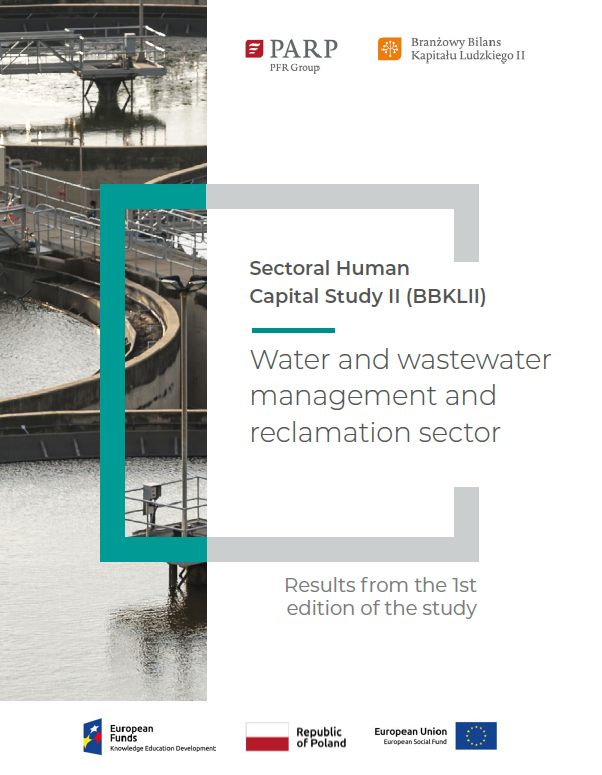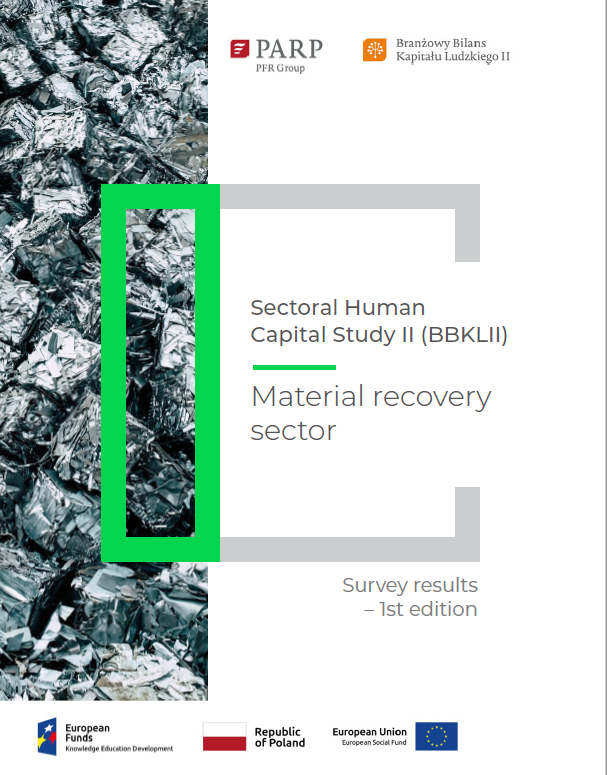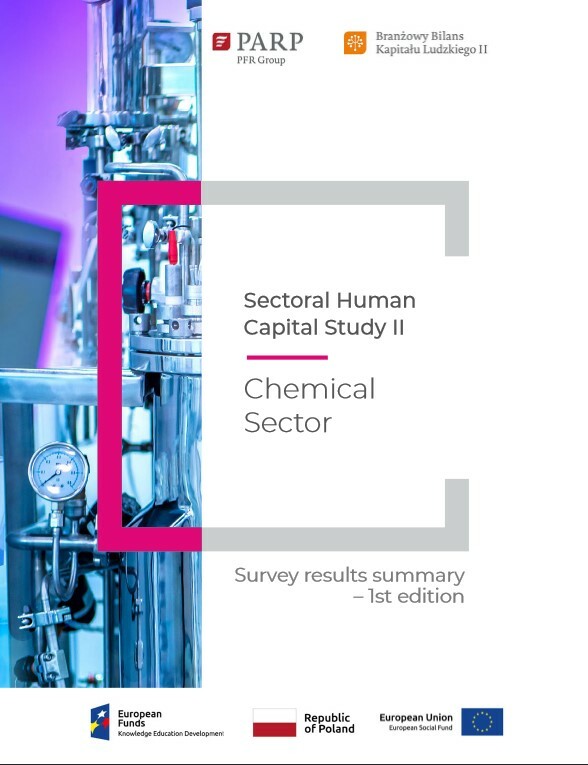Udzielamy informacji o programach pomocowych realizowanych przez PARP.
Autorzy: Praca zbiorowa
Sectoral Human Capital Study Automotive and electromobility (moto) industry
We are happy to share key results of the second edition of the research project Sectoral Human Capital Study (BBKL) in the automotive and electromobility industry. The aim of BBKL is to increase knowledge of current and future demand for skills in 4 sectors of the Polish economy.
In this brochure, you will find data on the situation of the automotive and electromobility industry, key job positions and necessary skills, trends that shape the industry and challenges facing employers and their employees. There is also a section on a balance of competences where we tried to show employers’ and employees’ perspectives.
The research project in the automotive and electromobility industry consists of two editions. Each of them includes a broad array of qualitative methods, including Delphi with 40 respondents as well as a quantitative survey on a representative sample of 836 employers and 862 employees holding key job positions. The second edition was conducted from March 2022 till May 2023.
More information on the results of Sectoral Human Capital Study (BBKL) in the automotive and electromobility industry is available in the Report (in Polish):
Spis treści
- Information about the study
- Information about the sector
- Main business processes and key positions
- Changes in moto industry companies due to the country’s socio-economic situation in the last 12 months
- Trends affecting the automotive and electromobility industry
- The impact of trends on companies
- Companies’ preparation for changes
- The impact of trends on the demand for skills
- Impact of trends on job demand
- Scenarios of industry development
- Scenario I: Dynamic electromobility
- Scenario II: Evolutionary change
- Scenario III: Inhibiting progress
- Scenario IV: Missed opportunities
- Employment in the industry
- Difficulties finding employees
- Forecast changes in employment over the next 3 years
- Assessing employee skills
- Rating employers’ satisfaction with employees’ skill levels
- Matching of employees’ skills to the tasks performed
- Forms of employee skill development in the workplace
- Incentive system and job satisfaction
- Assessment of the fit between education and employers’ needs
- Balance of skills
Inne publikacje, które mogą Cię zainteresować











